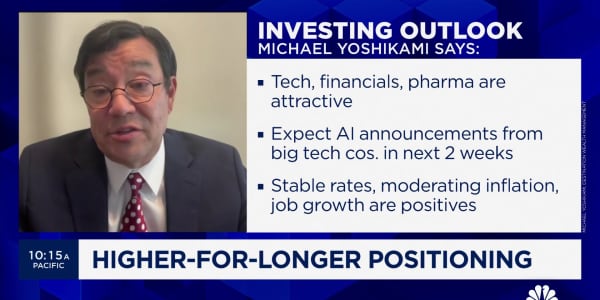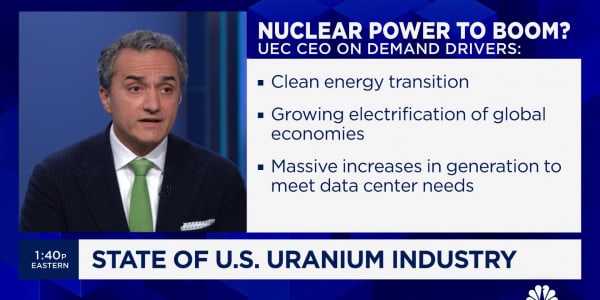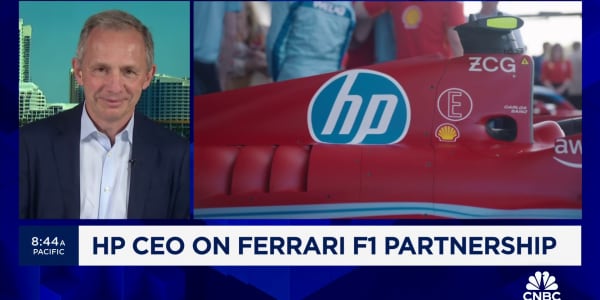We have heard from both sides of the aisle comments on "workers rights" and how they are being hampered or violated.
Today, the House is set to vote on the Workforce Democracy and Fairness Act (H.R. 3094) which centers around the formation of unions in the workplace, a time table which the employer can react and prepare for such a move and for the employees to make an informed decision in a union election as well as the protect their privacy.
I spoke with House Education and the Workforce Committee Chairman John Kline (R-MN), who introduced the bill, about why he believes this bill is necessary for job creation.
Chairman Kline: The NLRB has been very, very active in the last few months making decisions like the Boeing decision which has had dire, dire consequences on our job creators. This is a clear pro-big labor agenda that has been moving through this NLRB. Besides the Boeing decision, they have made some decisions that empowers unions to manipulate the workforce for their own gain.
One of them is rushing union elections and thereby denying employees a chance to really make an informed decision. These are sometimes called quickie elections or ambush elections. It would also create little tiny unions or "micro unions" to split up the work force to make it easier for a union organizer to manipulate the work force.
This is very disturbing to employers large and small. So this bill addresses both of those issues. It prevents the formation of micro unions and the quickie elections. We make sure union members will be ale to participate in a fair union election process. On the employer side, the ruling from the NLRB would give employers only have seven days to find legal counsel if they find out workers want to form a union. In that time they have to get their position down and have no opportunity to change it.
That's crazy, this bill would give them 14 days. The ruling would also protect employees from providing unlimited personal information to a union. We think the bill turns back the situation to a point where employees and employers have a chance to consider whether or not they want union representation in a measured pace.
LL: It's interesting when you look at this issue because both sides of the aisle say they are in favor of workers rights. Congressmen George Miller (D-CA) came out with an oped calling your bill an"Anti-worker Bill." What do you say to that?
Chairman Kline: I think they are echoing what Mr. Trumpka said that this bill is anti-worker. In some people's minds like the one you are referencing, the only worker that counts is a union worker and that's not the way the U.S. workforce is constructed. 93 percent of the workforce is not unionized. And if they want to be unionized they have the right to hear both sides of the case and make an informed decision and do so in a measured pace. Instead of having it jammed through which is actually contrary to worker's rights. Its my belief and I have many on my side who agree that this bill is pro-workers rights and the rule making from the NLRB is anti-worker and anti-workers rights. I think the President should have stepped up and make his position clear to the NLRB. He has not so Congress needs to.
LL: What is key to a real and lasting economic recovery and creating jobs?
Chairman Kline: The President of the United States has said repeatedly the economy needs a jolt. But when I talk to businesses they tell me no, the economy does not need a jolt. It needs certainty. They need to know what the tax rates will be, the regulations. They need relief from this so they can plan with confidence so the Boeing decision put a tremendous wet blanket over them because they are thinking oh my gosh if this could happen to Boeing, it could happen to me.
LL: What is your message to Occupy Wall Street who are angry about the unemployment situation?
Chairman Kline: A lot of anger in the country stems from historically high unemployment. It does come back to jobs. You don't get jobs until you have some certainty on how to growth the economy. Fundamentally, you've got to allow the private sector to grow the economy so the people can get back to work.
Questions? Comments? Email us at
Follow on Twitter @ twitter.com/loriannlarocco
Follow NetNet on Twitter @ twitter.com/CNBCnetnet
Facebook us @
A Senior Talent Producer at CNBC, and author of "Thriving in the New Economy:Lessons from Today's Top Business Minds."







